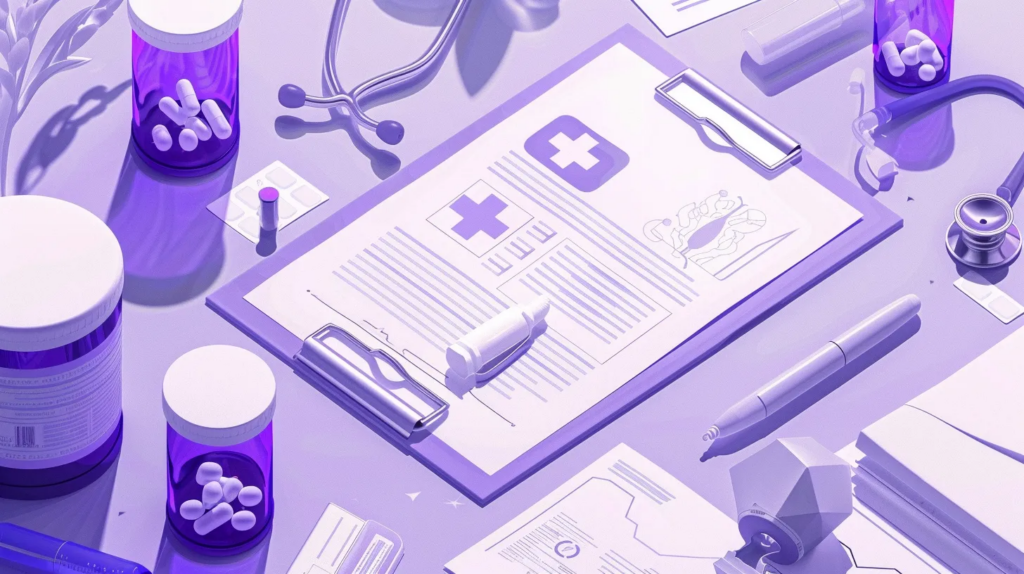The medical device industry is rapidly growing, with many companies looking to import foreign-made medical devices into Korea or export domestic devices overseas. However, as medical devices directly affect human health, they must undergo strict approval processes and safety verification before entering the market.
Medical device approval refers to the legal process by which the Ministry of Food and Drug Safety (MFDS) assesses and approves the safety and efficacy of medical devices for domestic manufacturing, import, and sales. This approval process serves as a critical checkpoint to guarantee the quality of life-saving medical devices. Especially for imported devices, the process involves translating and reviewing extensive technical documents, clinical data, and quality control systems accurately, which can be quite complex.
In this article, we will systematically explore the key requirements for importing and selling medical devices, step-by-step procedures, and the importance of translation in securing successful approvals. This will be a practical guide for those planning to enter the medical device industry.
✍🏻 Import and Sales License Requirements
To start a medical device business, you must first obtain both the import and sales licenses. For the import license, key requirements include having proper facilities for the business and securing a qualified quality manager. Offices and warehouses must be sanitary and built to prevent external contamination.
The quality manager must be a certified professional, such as an engineer, medical professional, or nurse, who will be responsible for the safety and quality of the products.
For sales reporting, it is necessary to have a building for business use and, if a warehouse is required, it must meet the regulatory standards. If operating multiple businesses in the same space, it must be clearly separated, and e-commerce operations may use residential spaces or start-up incubation centers as business locations.
It is important to remember that when applying for the import license, at least one product must be included in the application. Depending on the risk level, medical devices are classified into categories such as Class 1 (Notification), Class 2 (Certification), and Class 3/4 (Approval), with different technical documents and review procedures required for each.
✍🏻 Import and Sales License Procedure
Once the requirements for the medical device business are met, the official approval process begins. The import license is processed by the MFDS, while the sales report is handled by the local health center. Both processes require following a systematic set of procedures.
For sales, submitting a report, business registration, and lease agreement to the health center generally results in the issuance of a sales certificate within 3-7 days without additional fees. However, the import license procedure consists of seven steps: import registration → electronic public service portal registration → product license application → response to review and supplement requests → license issuance → import declaration and customs clearance.
The product license application requires a significant amount of documentation, including product information, technical documents, and test reports. Additionally, international certification documents, such as manufacturing certificates, Free Sales Certificates, CE certificates, and ISO13485, must be accurately translated into Korean.
During the review process, clinical data or change management plans may be required, which could take anywhere from 65 to 80 days, while Class 1 devices (requiring notification) can take about 10 days. It is critical to respond swiftly and accurately to any requests for supplements from the MFDS, which may involve additional translations of technical documents or clinical data.
Once the approval is granted, the company is required to maintain regular reports, adverse event reports, and notify any changes, all of which must be based on accurate translations.
✍🏻 Why is Translation Important in the Approval Process?
Accurately translating the vast amount of technical documents, clinical trial data, and quality control documents from foreign manufacturers is critical. A small translation error can lead to approval delays or rejection, so expertise is crucial. Unfortunately, 99% of translation agencies do not utilize experts in the medical device field, so selecting the right provider is essential.
To address these issues, Bering Lab offers an innovative service that combines AI-powered translation with expert medical oversight. Our AI technology, which has been validated by winning the WMT20 international machine translation competition and WAT21 Asian translation quality evaluation competition, ensures that all necessary medical device approval documents are translated accurately in over 30 languages.
Moreover, our network of over 100 medical, pharmaceutical, and healthcare industry experts, with 5 to 20 years of hands-on experience, thoroughly reviews AI-generated translations, resulting in 40% cost savings and 3x faster turnaround times compared to traditional translation agencies.
Global pharmaceutical companies trust Bering Lab’s services because we provide not just translation, but regulatory-compliant, expert-reviewed translations that adhere to local standards. Medical device approval is directly linked to user safety, so partnering with a reliable, accurate translation provider is key to successful market entry.
In summary, we’ve explored the core requirements for medical device import and sales licenses, the step-by-step procedures, and the critical importance of translation in securing successful approvals. As we’ve seen, accurately translating documents like technical papers and certification materials is the key to success in obtaining approvals.
For medical device approvals, working with a specialized and reliable partner for translation is crucial. Bering Lab combines award-winning AI translation technology with expert review to ensure accurate translations of all necessary documents in over 30 languages.
From clinical trial protocols to approval documents and quality control manuals, we offer one-stop support for all translation needs related to medical device approval. With expert assistance, the complex and demanding process of medical device approval can be navigated successfully.
Planning to enter the global market or import medical devices? Experience a distinct level of translation quality with Bering Lab’s services. We are here to strongly support your global business expansion.

